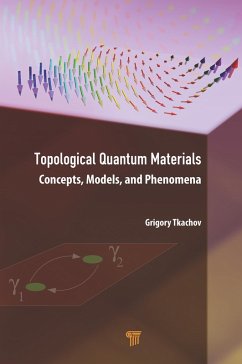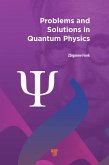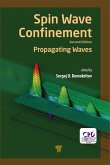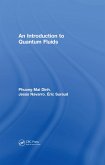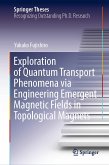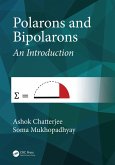The realization of the application potential of topological quantum materials requires understanding their properties at a fundamental level. This brings us back to the discovery of topological phases of matter, which earned the Nobel Prize in Physics in 2016. This book explores the connection between pioneering work on topological phases of matter and a flurry of activity that followed. The topics covered include the quantum anomalous and spin Hall effects, emergent axion electrodynamics and topological magnetoelectric effects, Weyl nodes and surface Fermi arcs, weak antilocalization, induced triplet superconductivity, Majorana fermion modes, and the fractional Josephson effect.
Dieser Download kann aus rechtlichen Gründen nur mit Rechnungsadresse in A, B, BG, CY, CZ, D, DK, EW, E, FIN, F, GR, HR, H, IRL, I, LT, L, LR, M, NL, PL, P, R, S, SLO, SK ausgeliefert werden.

